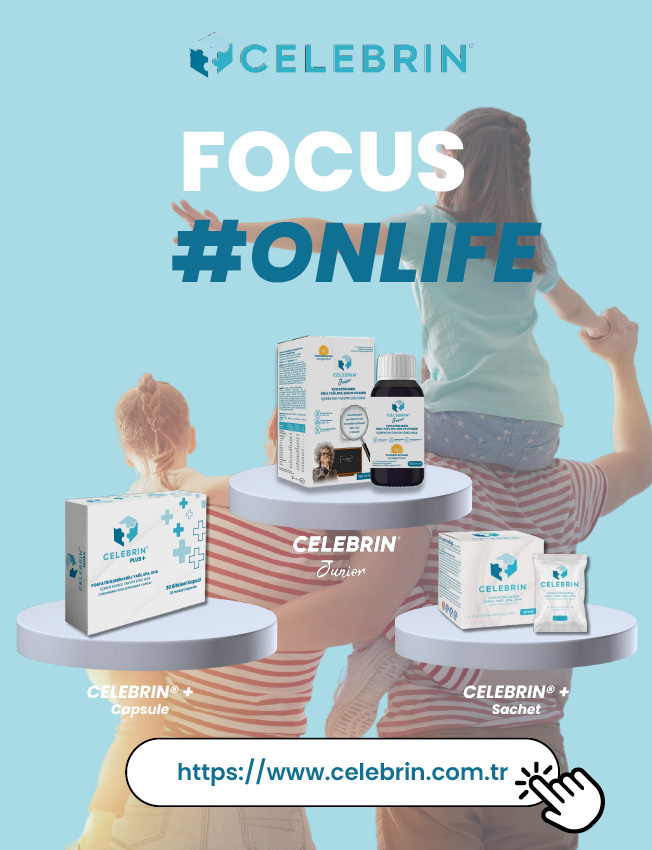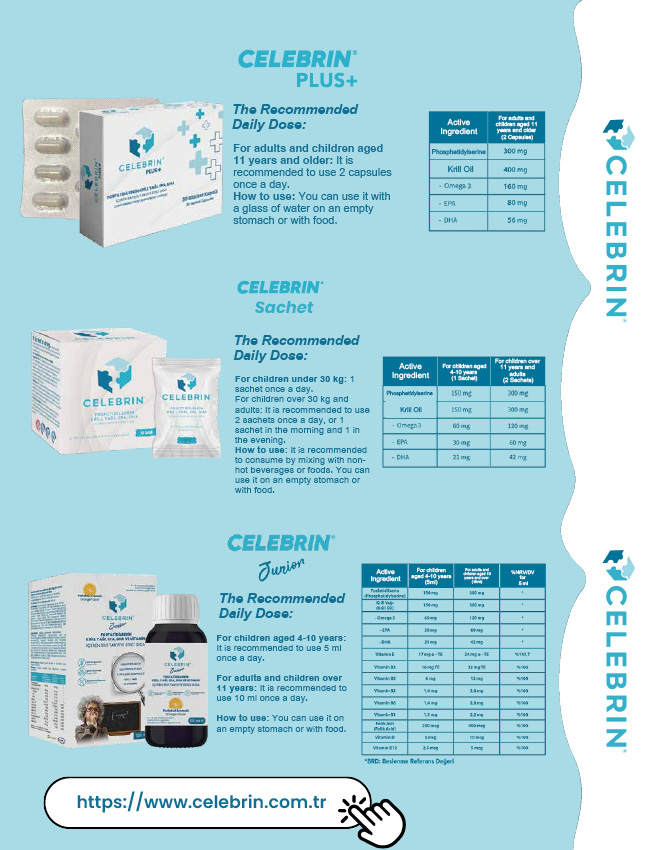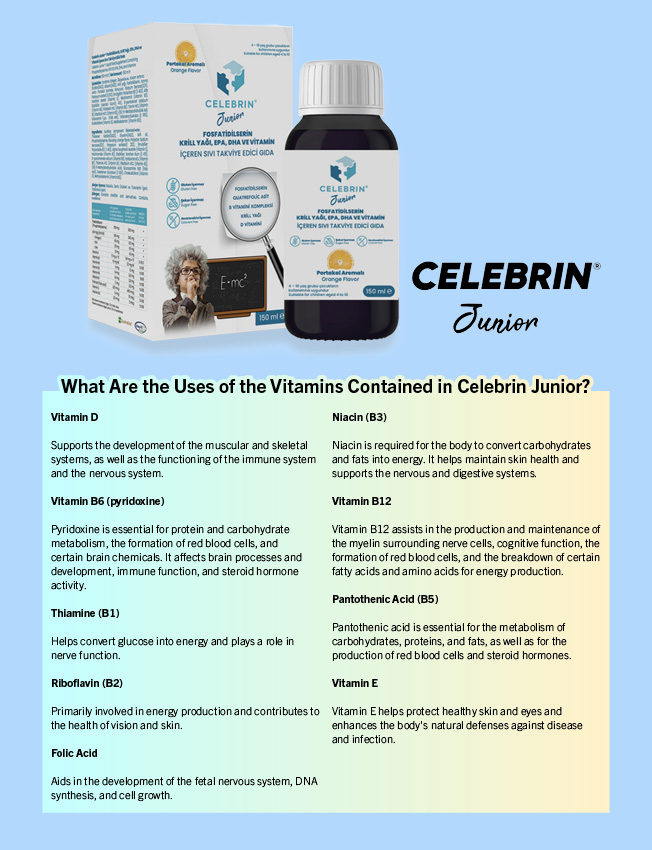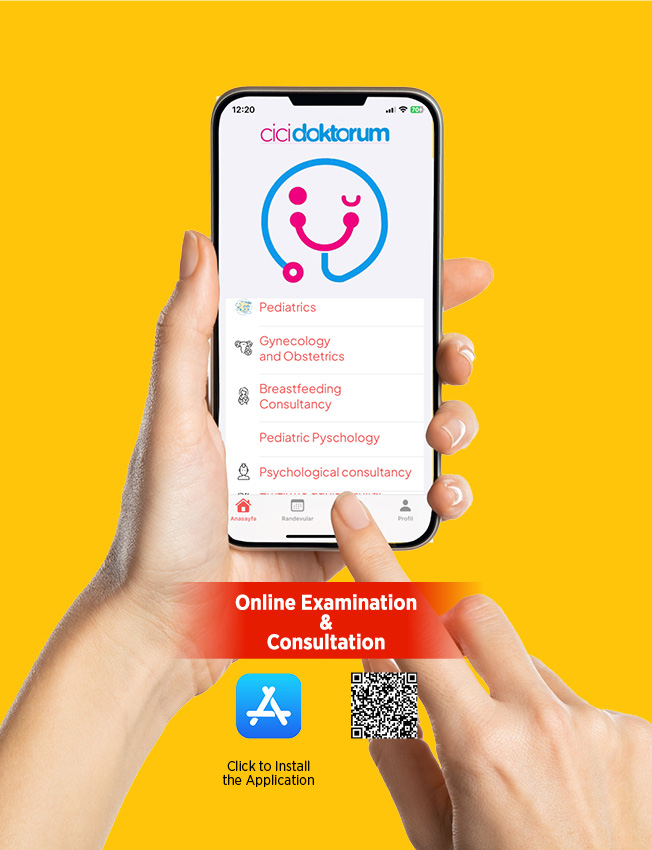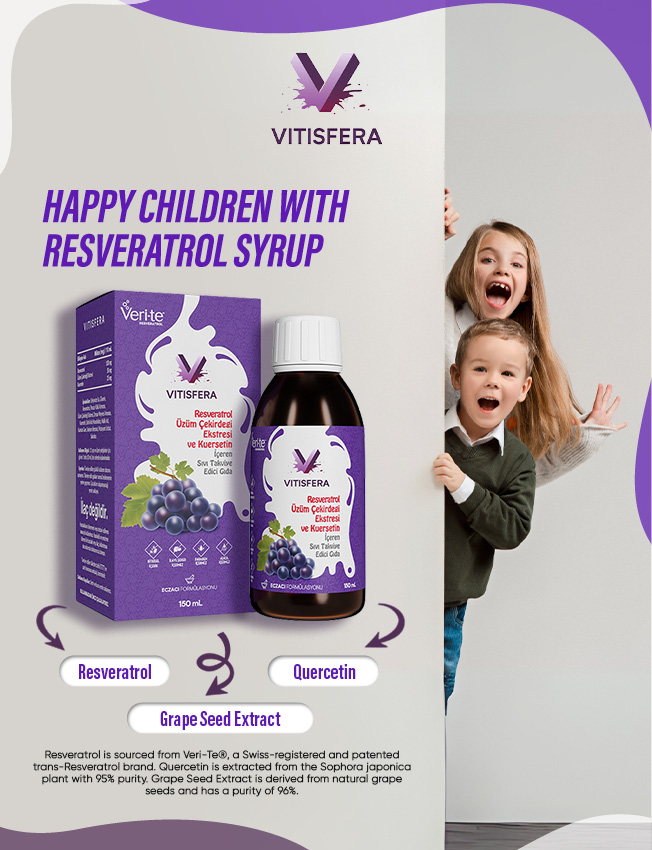Be careful with children’s water consumption!

Children are active throughout the day, restless, always wanting to play, and unfortunately, they have a craving for sugar. Therefore, their need for water is high to ensure both the proper functioning of their fast metabolism and the metabolism of sugary foods consumed.
How much water should children consume?
The daily amount of water intake needed varies depending on the child’s age, gender, height, weight, and activity level. The daily water intake for infants and children is nearly twice that of adults. This is because approximately 80% of a newborn baby’s body and 70% of a young child’s body are composed of water.
The World Health Organization recommends the following daily water intake for children:
– Up to 3 years old: an average of 4 glasses per day
– Ages 4-6: an average of 5 glasses per day
– Ages 9-13: an average of 6-7 glasses per day
– 14 years and older: an average of 6-8 glasses per day
(1 glass can be considered approximately 250 ml)
Why is water important for children?
Water is one of the fundamental building blocks of our body’s cells, tissues, and organ systems. There is a need for water for the renewal of our cells.
In children, due to their larger body surface area, water loss through activity and sweating occurs more easily, especially in hot weather. Therefore, drinking water is important.
Since children have higher metabolism rates and faster growth and development, their water needs are higher than adults’.
Water plays a crucial role in digesting food.
Water is important for dissolving molecules such as sugar and amino acids and transporting them to cells.
A sufficient amount of water is needed to excrete toxins produced in the body through the kidneys.
Water is necessary for transporting enough oxygen and nutrients to tissues through the bloodstream.
Water is needed to maintain body temperature within a certain range.
The immune system requires water to function adequately. Considering that children frequently experience infections, the importance of drinking enough water is evident.
Sufficient water intake is necessary for balancing blood pressure.
Should breastfed babies be given water?
During the first 6 months, exclusively breastfeeding meets the baby’s water needs while also providing calories, protein, electrolytes, and fat. Therefore, unless there is a special circumstance, giving water is not recommended as it may cause the baby to skip meals and not be adequately nourished. Babies’ bodies are composed of approximately 75% water. Therefore, after introducing complementary foods at 6 months, it is recommended to give water after feeding.
How can you tell if your child is drinking enough water?
Even when children lose as little as 5% of their body’s water, there may be no symptoms. Therefore, monitoring your child’s water intake is important, especially during illness and hot weather. The easiest way to determine if your child is drinking enough water is to monitor the amount of urine. Urine should be pale, abundant, and odorless. Roughly, if your baby soils diapers about 7 times a day, and if your older child goes to the bathroom every 2-3 hours, it means they are drinking enough water.
When your child drinks little water, the amount of urine decreases, and urine becomes darker. In addition, when water loss reaches 10%, the lips and mouth dry out, and tear production decreases. Increased water loss can lead to restlessness, confusion, and fainting.
How can we encourage a child who doesn’t drink water to drink?
Do not wait for your child to feel thirsty to offer water. Remind them to drink water throughout the day.
Explain the importance of water to your child in a way they can understand based on their age. You can narrate the topic of water to young children through stories.
You can be a role model for your child by drinking enough water yourself. Remember that children love to imitate you.
You can turn water consumption into a game. You can create a water consumption chart within the family and turn it into a sort of game.
You can encourage your child to drink water by providing them with different and interesting cups and water bottles.
You can make water more flavorful and aromatic by adding fruit pieces to it.
You can ensure that your child consumes fruits and vegetables with high water content (such as cucumber, watermelon, strawberries, lettuce, etc.) throughout the day.
Insufficient water consumption lowers children’s academic performance.
Insufficient water intake not only affects children’s physical development but also their mental performance. Studies have shown that children who do not drink enough water have decreased concentration and reduced learning abilities.
Do not let your child consume sugary drinks instead of water!
When your child is thirsty, water should always be the first choice! Make sure to avoid fruit juice, concentrates, sugary, and carbonated drinks. When consumed excessively, these types of liquids can cause not only tooth decay but also obesity, diabetes, and fatty liver disease in your children.
The American Heart Association (AHA) recommends that children aged 2-18 consume less than 25 grams of sugar. 25 grams of sugar is roughly equivalent to 6 teaspoons. However, ready-to-drink fruit juices or carbonated beverages contain approximately 30-37 grams of sugar. The sugar content in 200 ml of fruit-flavored milk boxes is about 10 grams.
